When it comes to footwear, modern boots are intricate systems. Gone are the days of simple leather soles and basic designs. Today, a good pair of boots incorporates a range of features that cater to different terrains and personal preferences. Now let’s compare the different experiences offered by different types of boots and discover the elements that make up “The Anatomy of a Boot”.
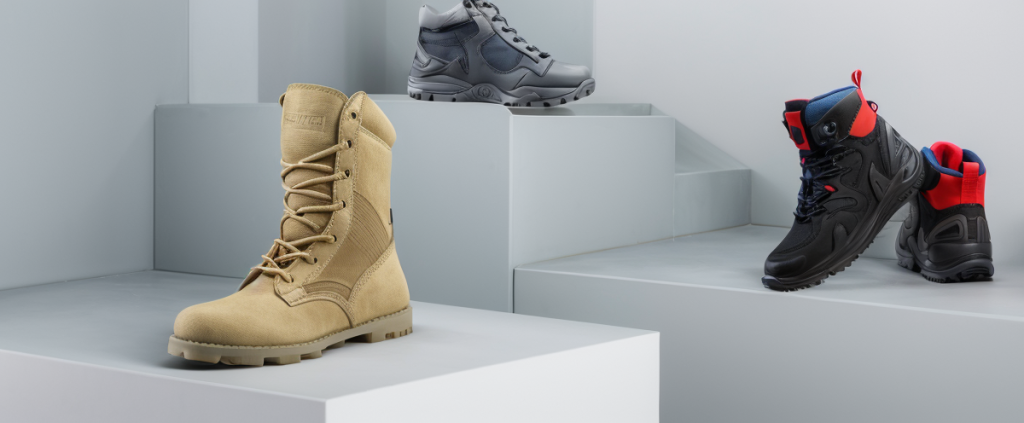
The Sole: The Foundation of Support and Traction
At the base of a boot lies the sole, a critical element that protects your foot and provides traction in various conditions. While some companies still offer leather soles for their classic appeal, the majority opt for rubber. The rubber lug sole features deep grooves of varying shapes and sizes for durability and good traction on a variety of terrains. The stiffer rubber sole provides support and stability, especially for rough terrain. However, in some cases, the moderate softness of the sole can also be advantageous.
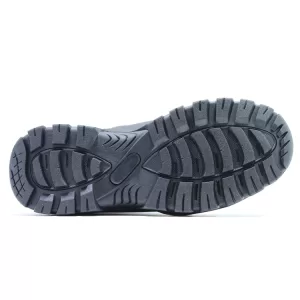
The Exterior: Material Selection for Performance
The main body of a boot can be crafted from an array of materials, each offering distinct advantages depending on the expected environment. Leather, a timeless choice, combines durability with waterproof properties. Suede, a brushed variant of leather, adds an extra touch of style but requires additional care. Rubber and plastic boots have gained popularity due to their easy maintenance and longevity, though they may be less breathable compared to organic materials. If a solid boot feels excessive for your activity, consider lightweight and breathable options like canvas.
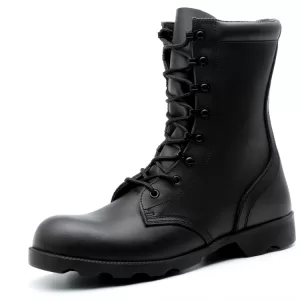
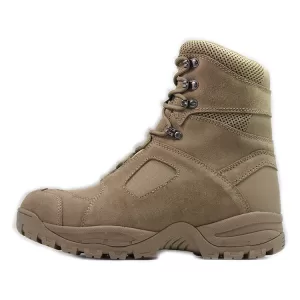
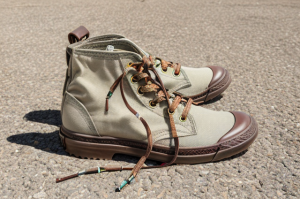
The Tongue: Keeping Debris at Bay
The boot tongue, often overlooked, plays a crucial role in keeping debris out. Well-designed tongue helps improve overall comfort and protection.
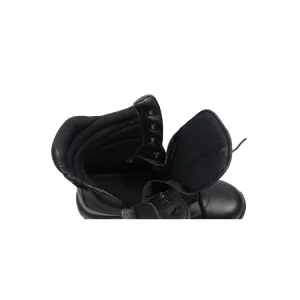
The Interior: Comfort and Performance Enhancement
The interior of a boot should prioritize comfort, insulation, and breathability.The insole is usually made of EVA. If the insole of the shoe does not exactly match your arch, please contact a store around you for a replacement as soon as possible. This is important.
In conclusion, The anatomy of a boot unravels the complexity and ingenuity behind quality footwear. From the foundation of the sole to the carefully selected materials, every component contributes to the overall performance, durability, and comfort of the boot.